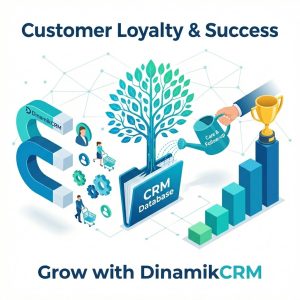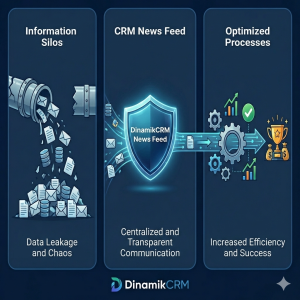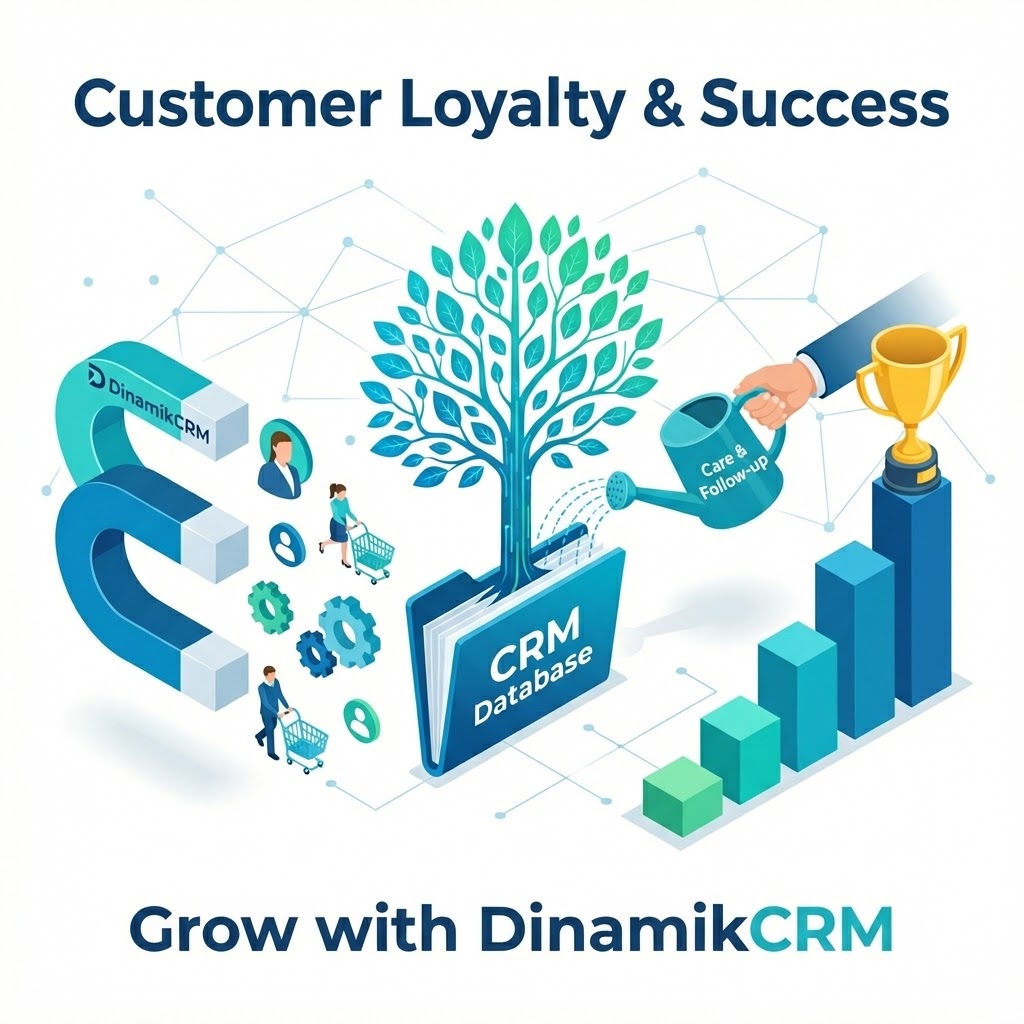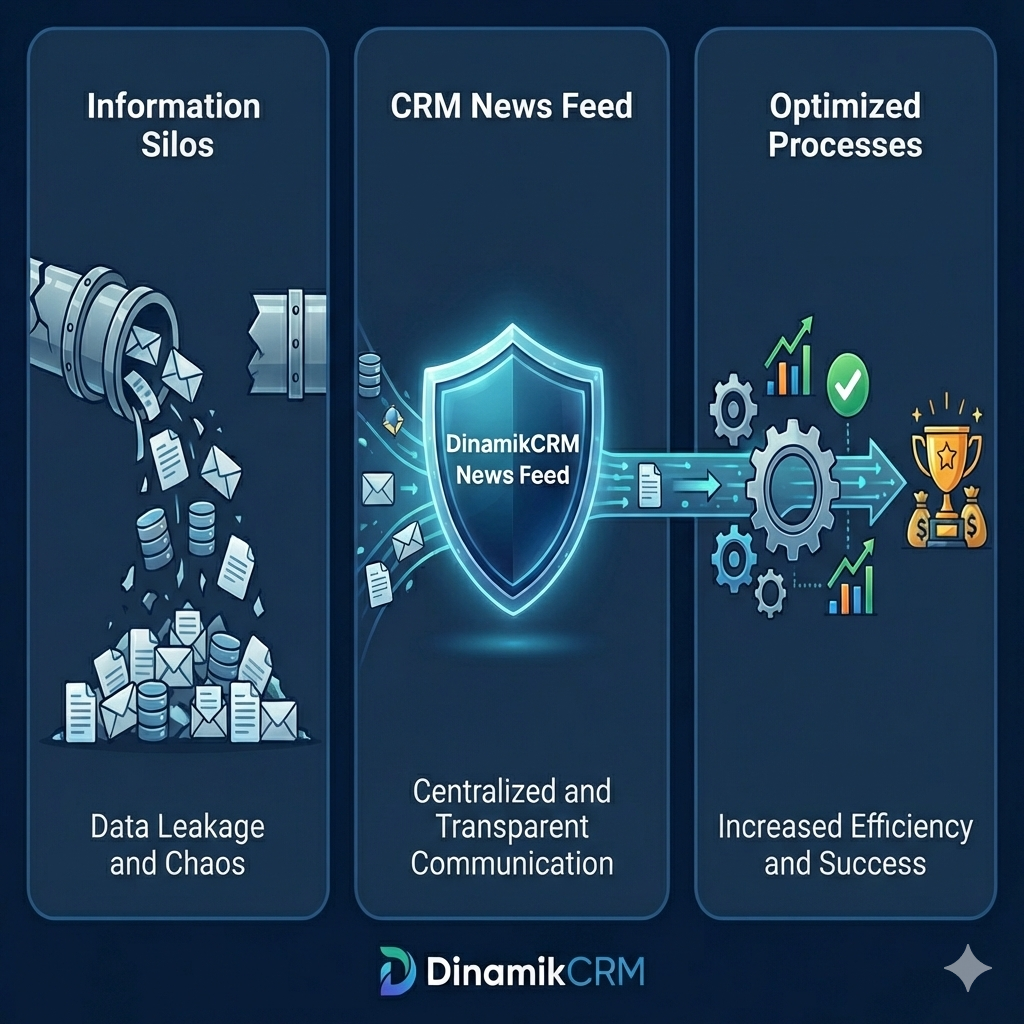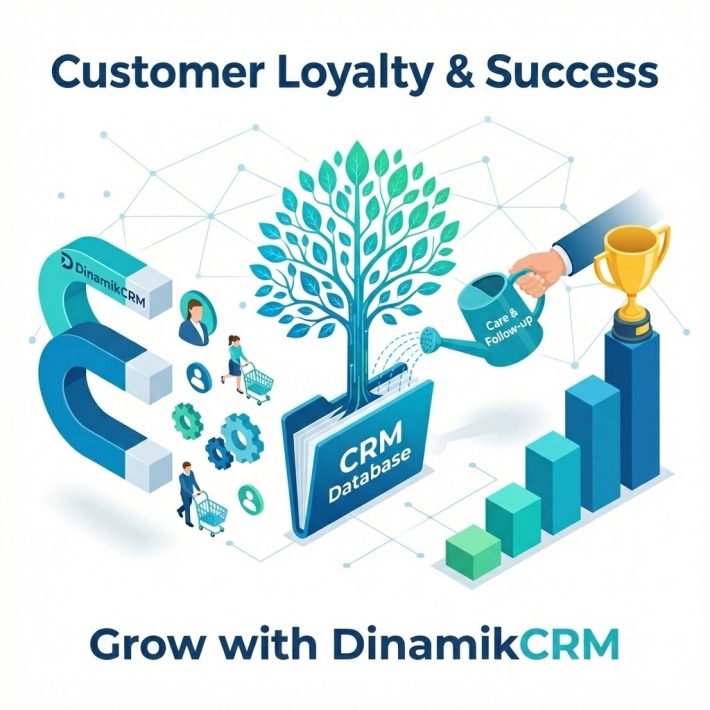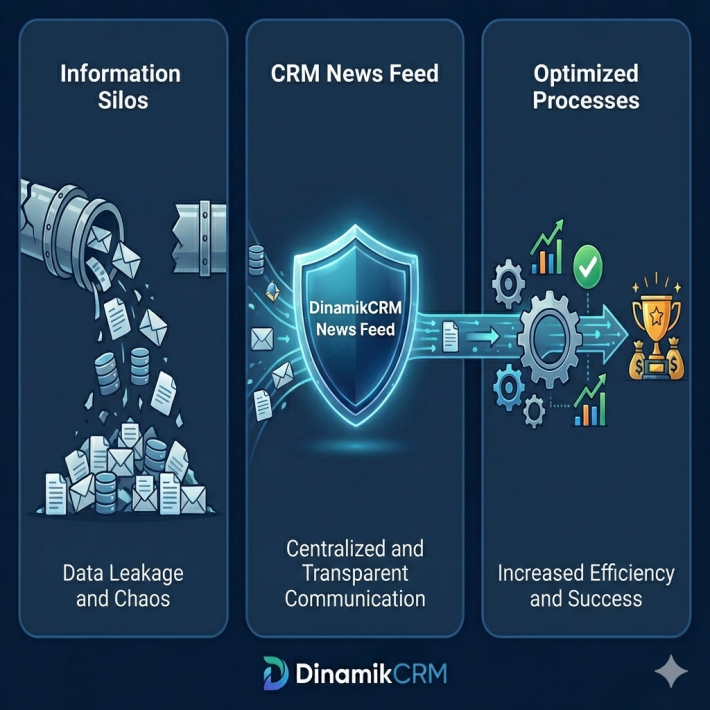Sales Pipeline Management CRM: The Engine That Drives Predictable Revenue
In sales, hope is not a strategy. Relying on gut feelings or fragmented spreadsheets to track potential deals is a direct path to unpredictable cash flow and missed targets. Modern sales leaders demand predictable revenue, and the only tool that delivers this is a robust Sales Pipeline Management CRM.
A CRM is more than a contact list; it is the central engine for organizing, monitoring, and optimizing every stage of the buyer’s journey—from initial lead qualification to closing the deal. Implementing effective Sales Pipeline Management transforms your sales process from an art into a measurable, repeatable science.
The Problem: The Murky Pipeline
Without a dedicated CRM for sales pipeline management, common challenges quickly stifle growth:
- Poor Visibility: Sales managers lack a clear, real-time view of which deals are progressing, which are stalled, and why. This makes accurate forecasting impossible.
- Inconsistent Process: Each salesperson manages their deals differently. This leads to bottlenecks and prevents the identification of best practices across the team.
- Lost Opportunities: Deals stall or drop off without proper follow-up simply because they were not actively managed or flagged for intervention.
- Inefficient Coaching: Managers coach based on results, not process. Without pipeline data, they cannot pinpoint where a salesperson needs help (e.g., qualification, negotiation, or closing).
Transforming the Pipeline: How CRM Provides Clarity
A sophisticated Sales Pipeline Management CRM like DinamikCRM addresses these issues by enforcing structure, providing clarity, and automating critical actions.
1. Visual Stage Management and Standardization
The most immediate benefit is the visual representation of the sales cycle. The CRM allows you to define and standardize every stage—from Prospecting to Negotiation and Closed Won/Lost.
- Customizable Stages: You can customize pipeline stages to perfectly match your unique buyer’s journey (e.g., Proposal Sent, Demo Scheduled, Legal Review).
- Drag-and-Drop Efficiency: Salespeople can easily move opportunities between stages, ensuring that the pipeline is always current and accurately reflects reality.
- Mandatory Fields: To ensure data quality, the CRM can enforce that certain information (e.g., estimated close date, deal value, or probability) is entered before an opportunity can move to the next stage.
2. Accurate Sales Forecasting
The CRM system links the pipeline stages to probabilities and expected close dates. This enables managers to generate powerful, data-driven forecasts that are exponentially more accurate than traditional methods.
- Weighting: Each stage is assigned a probability (e.g., 80% probability for the “Contract Review” stage). The system calculates the weighted revenue for better forecasting.
- Trend Analysis: By tracking historical close rates and sales cycle duration, the CRM can flag deals that are moving too slowly, allowing managers to intervene and accelerate the process.
3. Boosting Sales Team Productivity with Automation
Sales automation is integral to effective pipeline management. The CRM handles the routine tasks, freeing up the sales team to focus on high-value interactions.
- Automated Follow-ups: When a deal moves to a new stage, the CRM can automatically trigger internal notifications, assign follow-up tasks, or schedule reminder emails.
- Data Synchronization: Integration with email and calendar tools ensures that every meeting and communication is logged against the opportunity record. This maintains the single source of truth without manual data entry.
- Lead Scoring Integration: Opportunities can be prioritized based on lead scores generated by marketing automation, ensuring the sales team focuses their limited time on the hottest prospects.
4. Optimized Coaching and Performance
Pipeline data provides managers with an objective, data-based tool for coaching their teams.
- Bottleneck Identification: If a salesperson has many deals stuck in the “Proposal Sent” stage, the manager knows immediately that the coaching needs to focus on negotiation skills or presentation refinement.
- Funnel Metrics: By tracking metrics like Stage Conversion Rates and Average Sales Cycle Duration, managers can continuously optimize the pipeline design itself for better overall results.
The Bottom Line: Predictable and Scalable Growth
Effective Sales Pipeline Management CRM is the difference between hoping to hit targets and systematically achieving them. It shifts the focus from managing people to managing the process.
DinamikCRM provides the visibility, standardization, and automation necessary to:
- Increase Close Rates: By identifying and resolving pipeline bottlenecks.
- Shorten Sales Cycles: By automating non-selling activities and ensuring timely follow-up.
- Ensure Predictability: By providing accurate, real-time sales forecasting.
Ready to gain total control over your revenue engine and ensure your growth is both ambitious and predictable? The right CRM for sales pipeline management is the essential next step.


